Police chief defends Swiss counter-terrorism
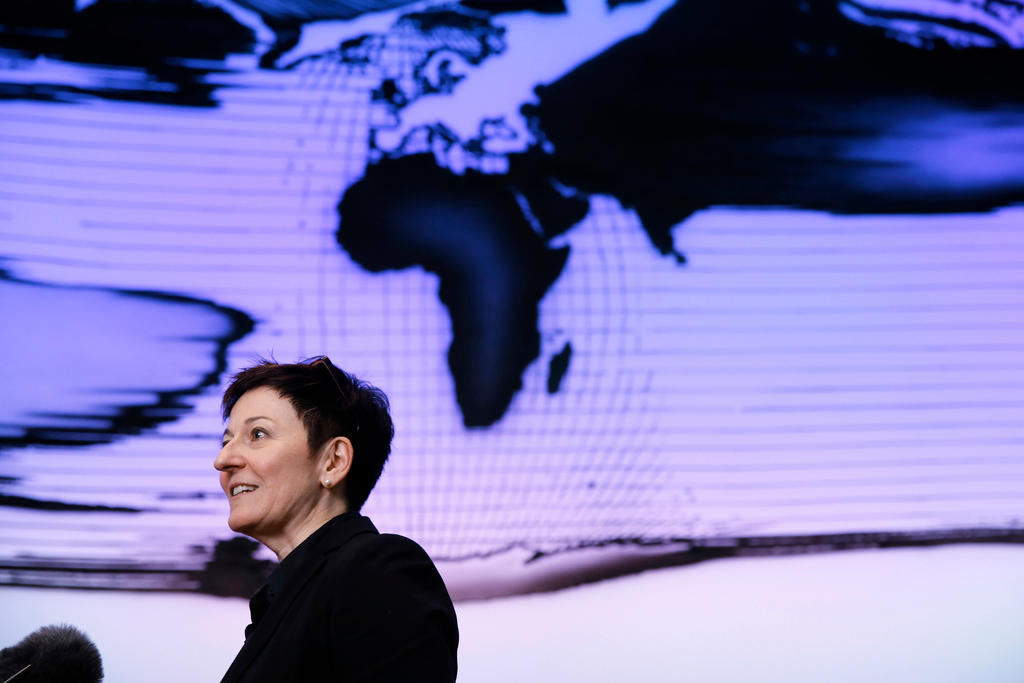
The head of the Swiss Federal Office of Police says there is so far no link between the terror attacks in Brussels and Switzerland. She has also come out against criticism of the country’s anti-terror capabilities.
There are up to 300 people on the domestic anti-terror radar, she added.
In an interview with Swiss public radio (SRF)External link on Saturday, Nicoletta della Valle said that the Federal Office of PoliceExternal link (fedpol) had straightaway taken action after the bomb attacks on Brussels’ airport and metro on March 22, in which more than 30 people were killed.
It had convened TETRA (TErrorist TRAvellers), a special task force to coordinate action against terrorism and jihad-related travel. After an attack there are always the same questions, della Valle explained: is there a link to Switzerland? Were weapons, vehicles or people linked to Switzerland involved?
So far, no links have been found, she said, but officials were in contact with their counterparts in Brussels and were trying to answer all queries as fast as possible.
Della Valle heads TETRA and counter-terrorism on behalf of the government and the cantons. TETRA’s members include members of fedpol, Swiss intelligence, the border guards and the cantons.
Concerns
The cantons, however, have raised some concerns about counter-terrorism. According to Hans-Jürg Käser, head of the Conference of Cantonal Justice and Police DirectorsExternal link, Switzerland could only guarantee a large security operation for two to three days if faced with an acute terrorist threat.
But della Valle said that Swiss police were well-positioned and had proved many times that they could ensure security for major operations such as the World Economic Forum (WEF) in Davos.
However, she admitted that police resources were limited. This is why a large-scale training exercise was no easy option: it would take resources away from daily police duties. “It’s up to those in politics to decide how much money they will give the police,” she said.
Goodwill on the part of the cantons was also needed, della Valle continued, as cantons are in charge of their own police forces. A good example here is protection of synagogues. “We can’t order the cantons to take action, we have to convince them,” della Valle said.
But it is not all negative: sometimes dialogue with government and cantons results in better solutions, she pointed out.
Della Valle also rejected criticism that Switzerland was not taking its anti-terror fight seriously enough, following calls from some officials for more focus in this area.
She said that between 200 and 300 people were currently on the intelligence service’s “radar” in Switzerland. These are people who had “in some way come to the attention” of cantonal intelligence officials. “They behave in a different way, they are retreating, putting posts sympathetic to Islamic State on Facebook, their behaviour makes them stand out…” della Valle said.

In compliance with the JTI standards
More: SWI swissinfo.ch certified by the Journalism Trust Initiative
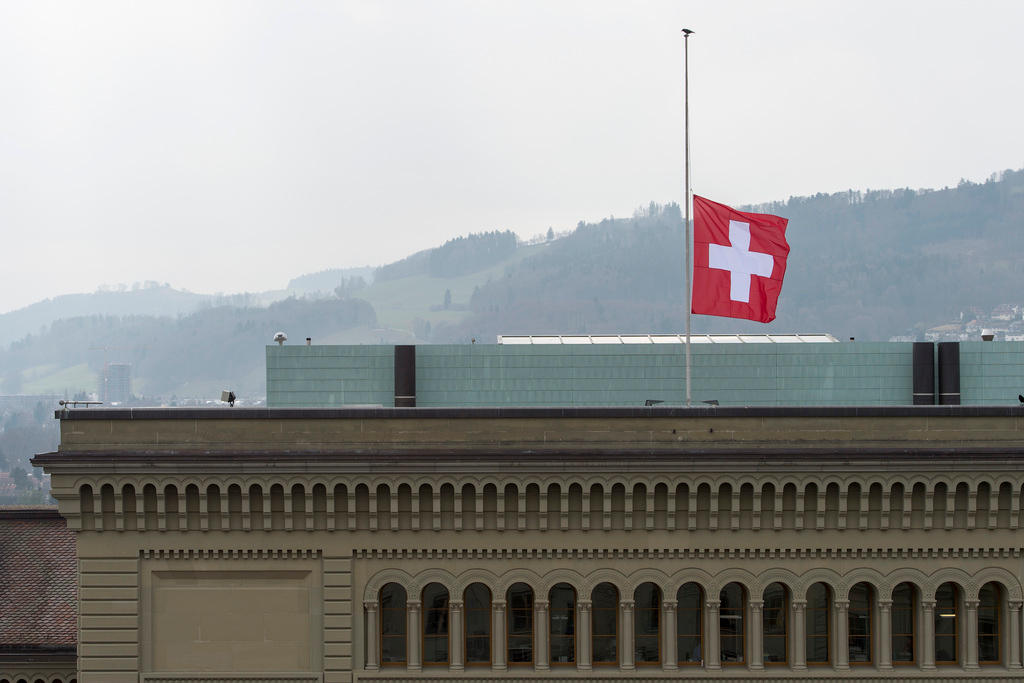
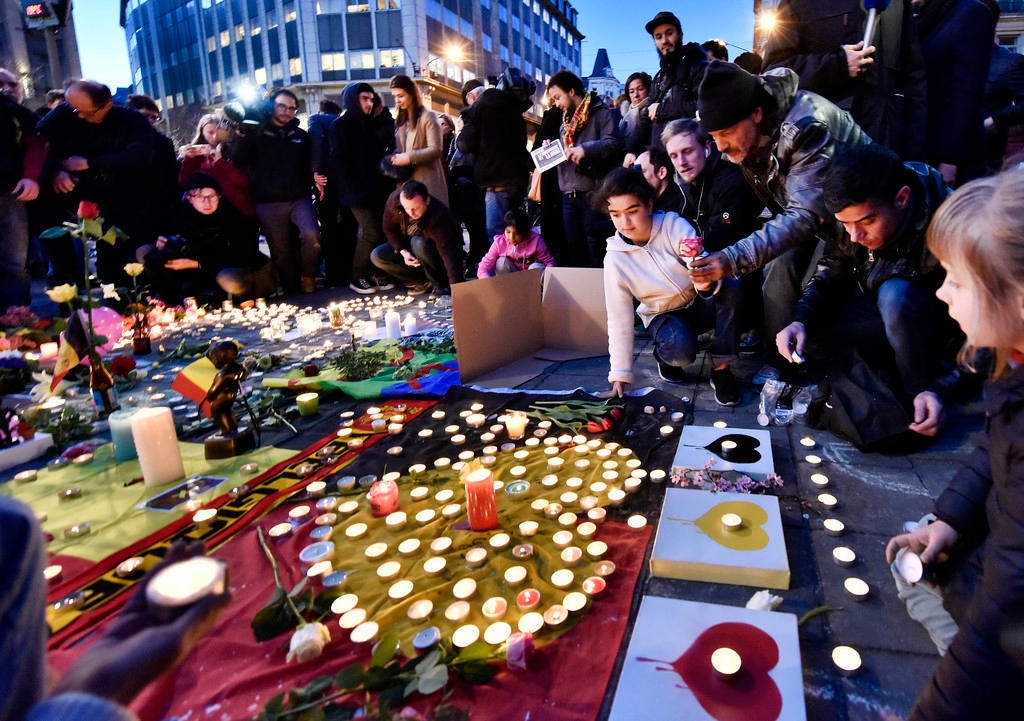
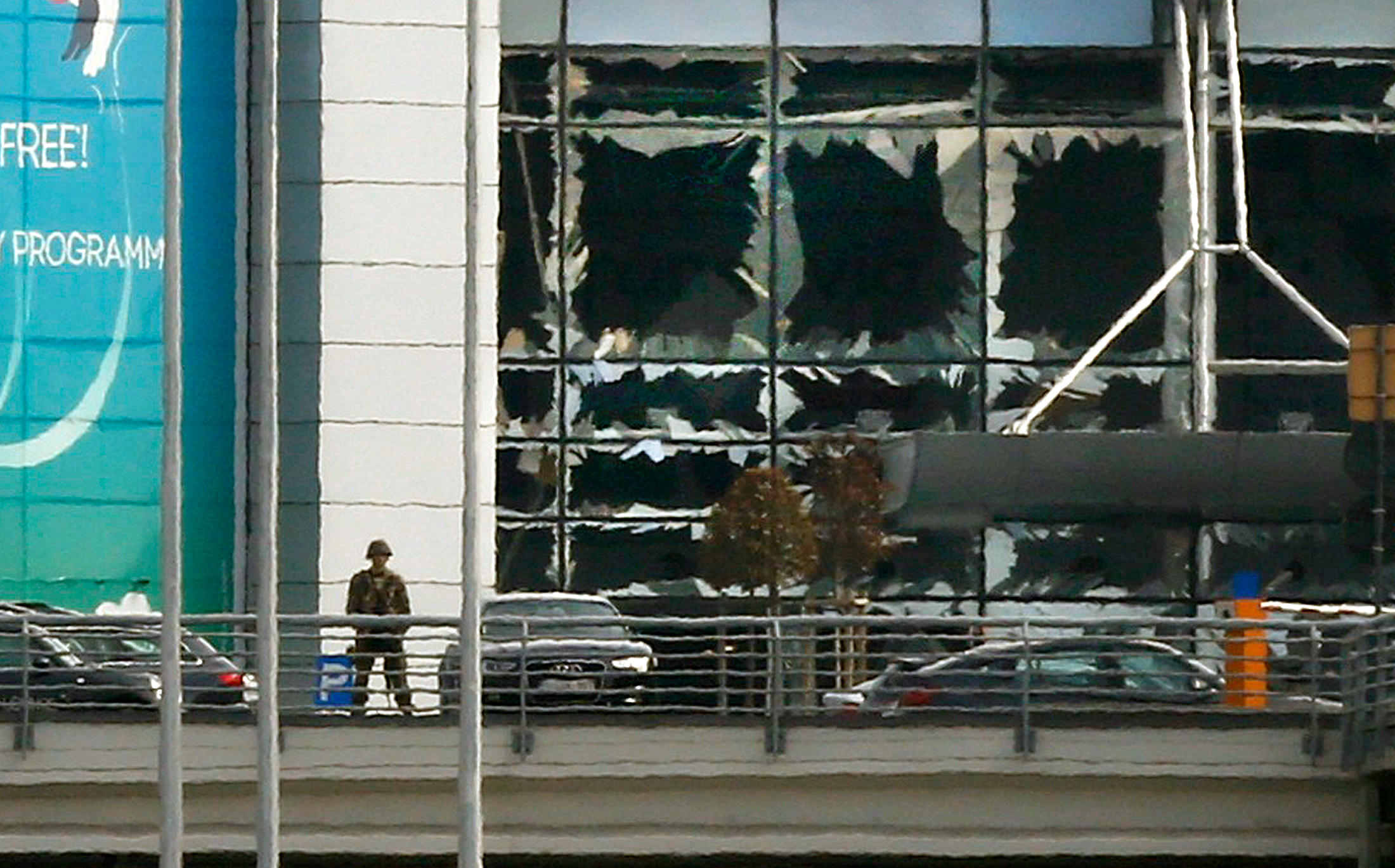
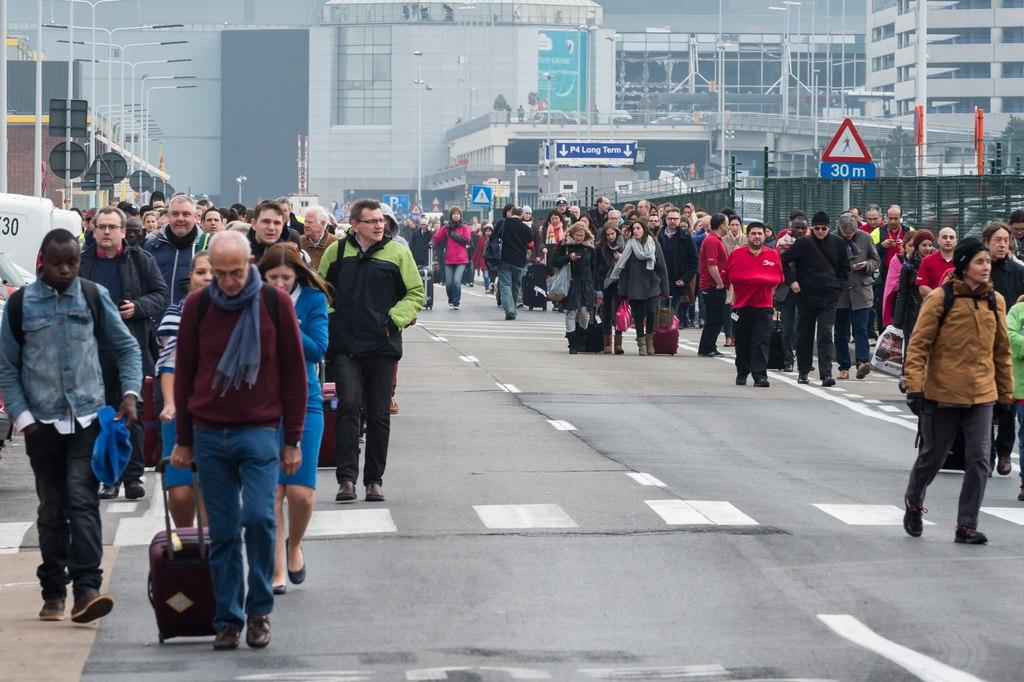
You can find an overview of ongoing debates with our journalists here. Please join us!
If you want to start a conversation about a topic raised in this article or want to report factual errors, email us at english@swissinfo.ch.